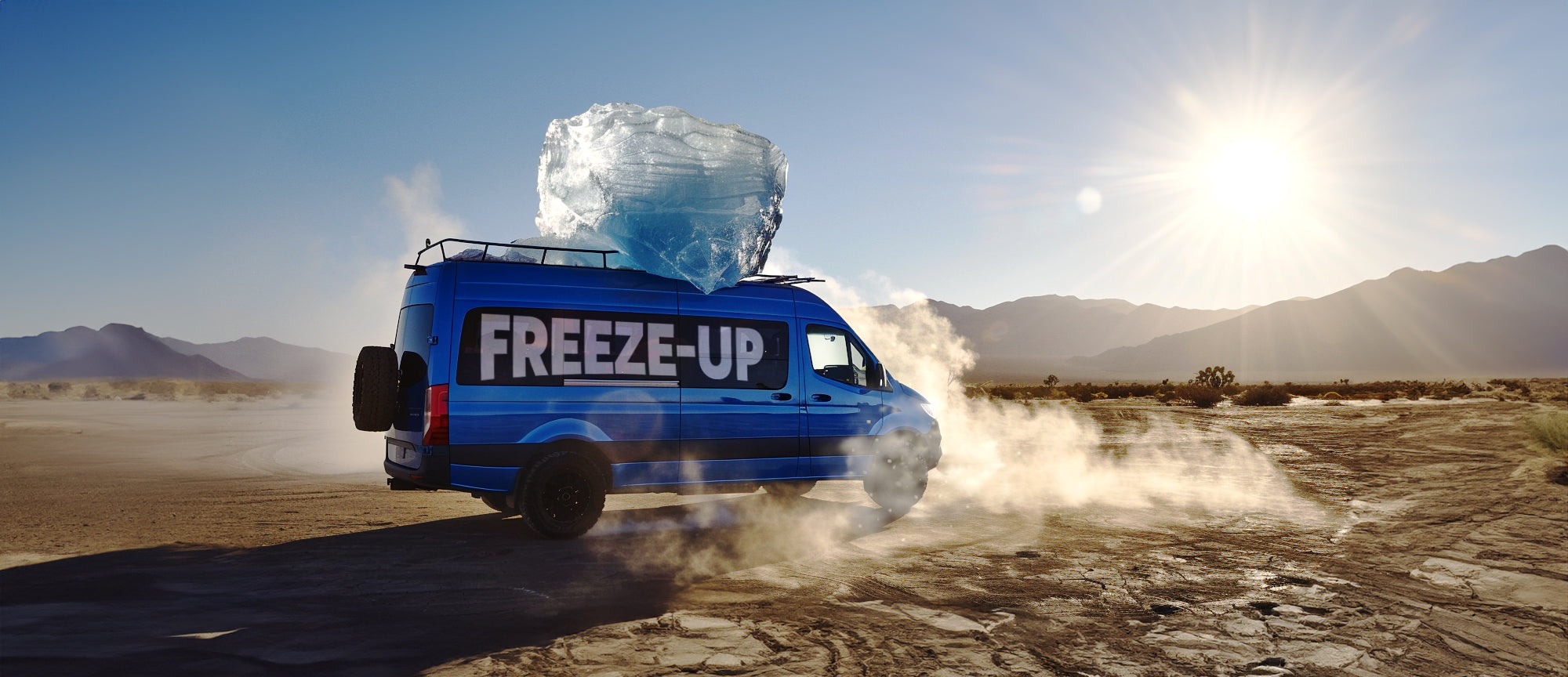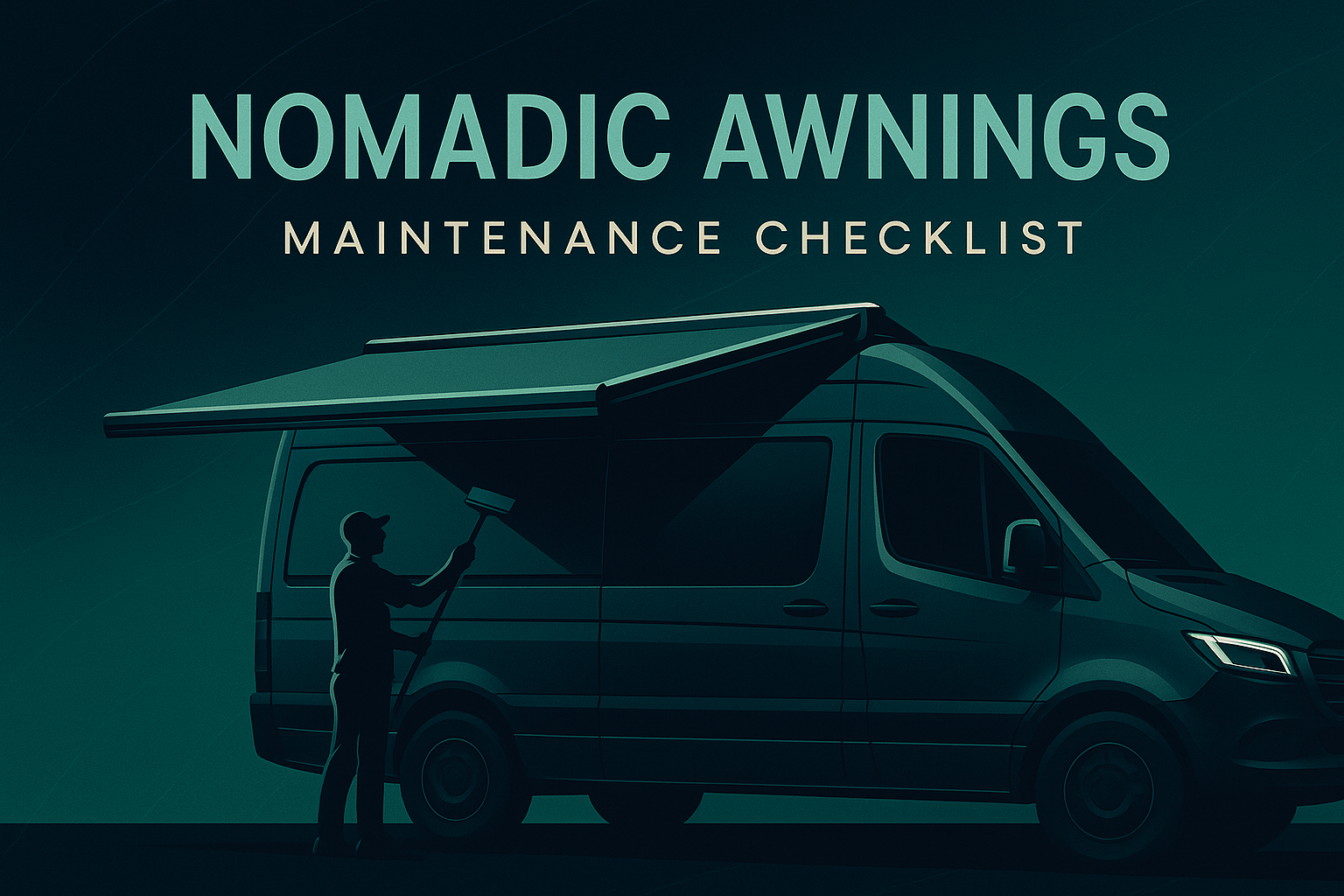Understanding and Preventing Your Motorhome Air Conditioner from Freezing
A frozen air conditioner in your motorhome can disrupt cooling capacity and potentially damage the unit and your vehicle. When your air conditioner freezes, the melting ice can lead to condensation draining into your vehicle, damaging the control board and necessitating expensive repairs. Understanding why this happens and how to prevent it is essential for maintaining a functional and efficient cooling system. Here’s a comprehensive guide to help you understand the causes of a freezing air conditioner and the steps you can take to avoid it.
Why Does Your Air Conditioner Freeze?
Several factors can cause a motorhome air conditioner to freeze:
-
Restricted Airflow
- Dirty Filters: Accumulated dirt and debris on the filters can block airflow, causing the evaporator coil to get too cold and freeze.
- Obstructed Vents: Blocked or closed vents restrict airflow, leading to similar freezing issues.
-
PRO TIP: Do not point the air vents back towards the return vent as this will create a cooling loop and increase the chance of freezing the AC unit. For maximum airflow, consider removing the air filter temporarily.
-
Thermostat Issues
- Improper Settings: Setting the thermostat too low can cause the air conditioner to overwork and freeze.
-
PRO TIP: Set the temperature on the control panel to a reasonable level for the current climate. Ensure the air conditioner cycles on and off at least three times per hour. For instance, avoid setting the air conditioner to 60°F when it is 100°F outside; try 75-80°F instead.
-
Ambient Temperature
-
Cool Temperatures: Running the air conditioner when the outside temperature is too low can cause the system to freeze, as the refrigerant cycle is disrupted.
-
Cool Temperatures: Running the air conditioner when the outside temperature is too low can cause the system to freeze, as the refrigerant cycle is disrupted.
-
Use Eco Mode
- Eco Mode Usage: Eco mode should be used 90% of the time. High cool mode is intended for extreme conditions or to cool your vehicle down for the first twenty minutes of operation.
- PRO TIP: Using High Cool mode for extended periods increases the chance of freezing your air conditioner. Stick to Eco mode for most situations to maintain efficiency and prevent freezing.
Conclusion
Preventing your motorhome's air conditioner from freezing is crucial for efficient cooling and avoiding costly repairs. By maintaining proper airflow, setting the thermostat correctly, being mindful of ambient temperatures, and using Eco mode appropriately, you can keep your air conditioner running smoothly. Remember, a little maintenance goes a long way in ensuring comfort and longevity for your motorhome travels.








Share:
How to Reduce Condensation
Case Study: S1 Split System Install on Semi-Truck